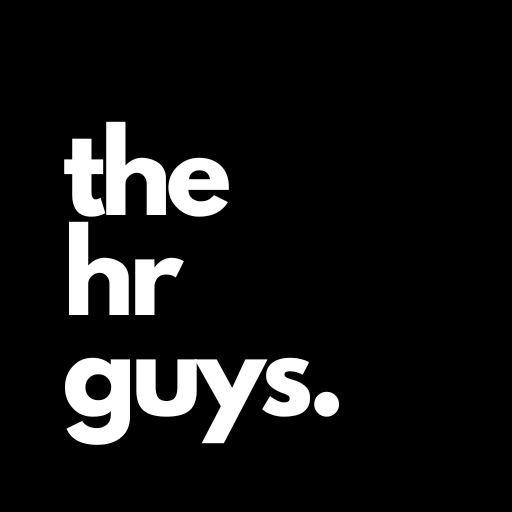Building Sustainably High-Performing Teams: Insights for HR Leaders
In the competitive world that we live in, creating sustainably high-performing teams is paramount. Drawing lessons from elite sports, where performance and wellbeing are harmonised, can offer valuable strategies for HR professionals. In her insightful article for HR Magazine, Karen Meager, co-founder of Monkey Puzzle Training, delves into how HR leaders can build and sustain high-performing teams.
Clarity and Autonomy
A key takeaway is the importance of defining performance clearly. Unlike the business world, where performance can often be ambiguous, sports such as Formula 1 have precise definitions and roles. HR leaders should ensure that employees understand their contributions to the organisation’s goals. This balance of clarity and autonomy can prevent burnout and enhance productivity.
Emphasising Teamwork and Collaboration
In sports, teamwork and collaboration are non-negotiable for success. Football teams, Formula 1 crews, and tennis players all demonstrate the necessity of synchronised effort and support. HR Leaders must foster a culture of collaboration, investing time and resources to build trust and coordination within teams. This approach not only prepares teams for high-pressure situations but also ensures sustained high performance.
Developing Critical Skills
Skills such as negotiation and conflict resolution are vital for maintaining high-performing teams. These competencies enable smoother collaboration and more effective problem-solving during intense work periods. HR professionals should focus on developing these skills within their teams, ensuring robust processes for resolving disagreements.
Practical Implementation for HR Professionals
To translate these insights into actionable strategies, HR leaders should:
– Define and communicate clear performance metrics and roles.
– Balance autonomy with structured guidance to prevent employee burnout.
– Invest in team-building activities that build deep trust and collaboration.
– Provide training in negotiation and conflict resolution to enhance teamwork.
By integrating these practices, HR leaders can build teams that are not only high-performing but also resilient and healthy, mirroring the success seen in elite sports.
For more detailed insights, visit HR Magazine

